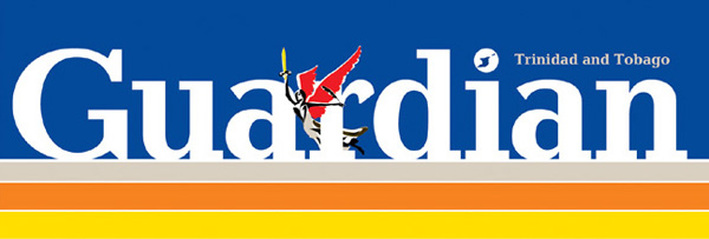Their fondness for turtles was because they enjoyed their setting the pace. The flâneur did not want to be rushed. He wanted to wander, watch, loiter and observe. Today, a technological world of instant communications, information, and access all around us might leave the flâneur a little lost and his turtles shocked.
There are 4G speeds for phones, TV shows that battle against the clock to alter a house in 24 hours or cook a meal in 20 minutes, mail and messages that appear instantaneously, soca with beats-per-minute as rapid as a machine gun, credit cards for instant gratification, Skype conversations that mean you reach before you even left home, the development and use of amphetamines called “speed” that produce the sensation of fast-paced inertia, movies you can download and watch instantly, group chats that have no beginning or end—all and much more are part of a world that accelerates the development of speed not as the product of culture but rather as the very producer of culture.
Yet for all this technological speed, there is an irony anyone in T&T who has to pay bills at a counter or seek information in person, or for that matter drive anywhere between 7am and 7pm will be familiar with.
For all this talk and opportunity for speed, the reality here and elsewhere is actually paralysis. Hours lost immobile in our cars, entire lunch breaks gone queueing for customer service, phone numbers for company representatives that ring endlessly, flights that rarely leave on time, video streaming that buffers the whole way through—the list of barriers to speediness is endless. The cultural turn technology promises is wrapped up in inertia.
Speed then, rather than the simple word we all know, also describes a 21st-century cultural paradox. On the one hand there is the logic of speediness and the need for “efficiencies” that make things take less time.
And on the other hand, providing us with things instantly—like messages, TV programmes, information, social media, consumer goods—changes us. We become chained rather than liberated, secured to computer terminals, TV screens and telecommunication devices.
Our windows on the world are changed too. Instead of daydreaming out of the window of a house or car, a window on the world today is more likely to be our computer screens and TV sets. Consumer culture is the scenery we see mostly. Its dependence on advertising—the eternal present of billboards and TV screens—makes advertising the most ubiquitous form of image transference to enter our households and heads.
The images are symbols of a culture of instant gratification—a culture that can be perceived and grasped from the couch potato position of inertia. “Telepresence” (the cities of the London and New York, for example, are familiar to many) and “telecommanding” (consumerism via digital TV set and the internet) produce a compression in the sense of space and distance and destroy time.
For the sociologist, George Ritzer, increased consumption patterns are shown in the desire of consumer culture for increased efficiency, ie choosing the optimum means to a given end, or rather the desire of consumers to obtain what they need more quickly and with less effort.
In his examination of the “McDonaldisation” of modern society, he argues that as consumers became accustomed to higher levels of efficiency in industries such as fast food, they began to demand it in other areas too, like the growth of drive-through pharmacies in Trinidad.
Festina lente is an ancient Roman proverb meaning make haste, but make it slowly. It represented a consciousness which developed to contemplate, reflect and mentally digest life by thinking it over slowly and thoughtfully.
Today speed and instantaneity challenge the relationship we have with our mental environment. The rules change. A time for reflection is eliminated, to think is to communicate, and knowing is doing. There is no time for judgement anymore, no time-out, no space for reflection. And in our politics today, decisiveness has become the indicator of strength while contemplation is the bedfellow of weakness.
Just as humans create and shape technology, technology shapes and creates humans.
http://guardian.co.tt/columnist/2012-12-17/speed-not-we-know-it

 RSS Feed
RSS Feed